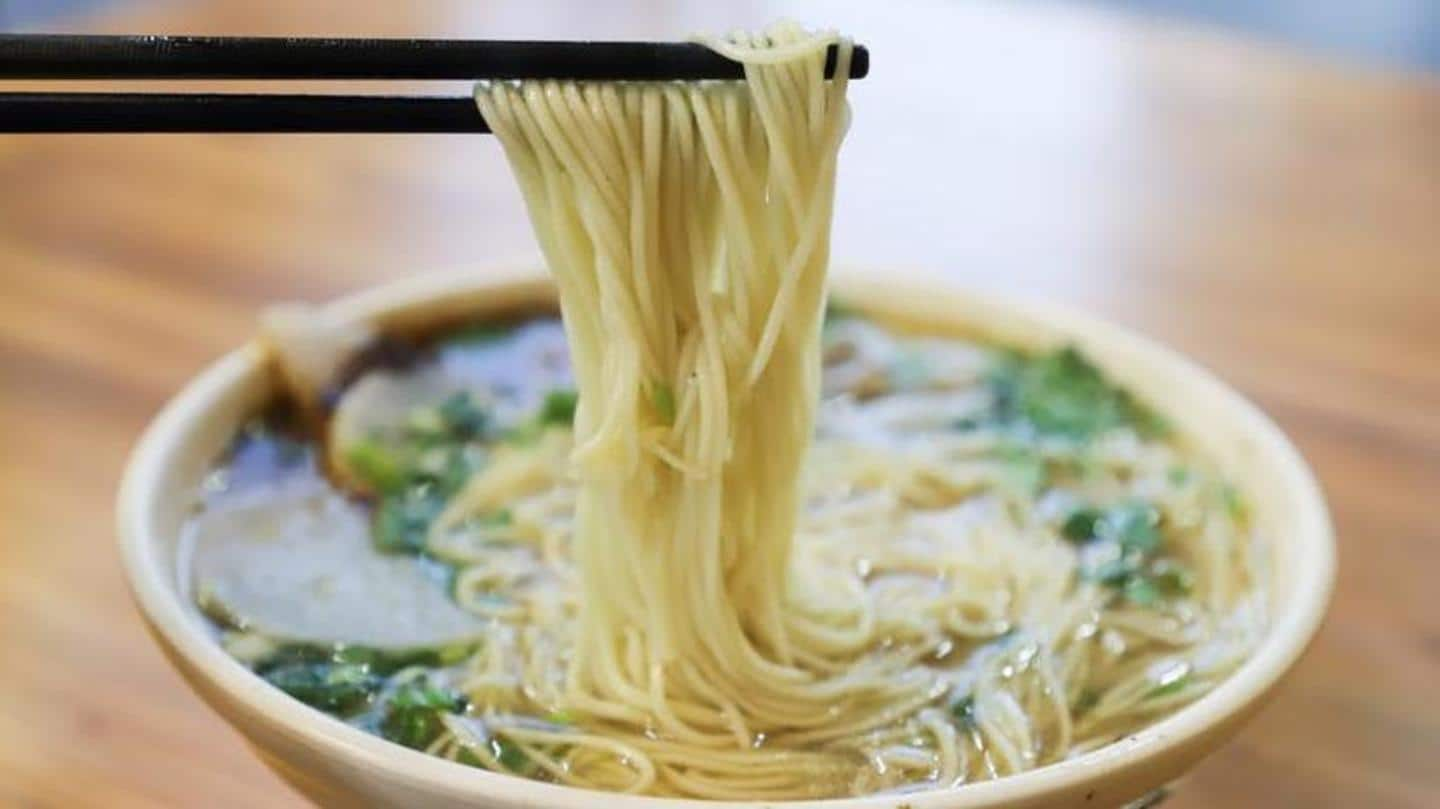
Some must-try Japanese dishes besides sushi
What's the story
Do you believe in counting memories instead of calories? Taking your love for good food a step ahead means to try various cuisines outside of your comfort zone. No, we aren't telling you to eat anything obnoxious, but there's no harm in going beyond your usual, desi-Chinese and western fast-food. If sushi intrigued your tastebuds, here are some more Japanese dishes you must try.
#1
Miso soup
A traditional Japanese food, miso is made using fermented soybeans. The soup is made with a combination of miso paste and dashi broth (a combined broth of various fish) and served as a side dish with traditional Japanese meals. The intricate flavors of the soup help enhance the umami flavor of the main dishes. It is often topped with green onion and tofu.
#2
Tempura
Tempura is crunchy deep-fried pieces of vegetables, meat, or fish coated in tempura batter. However, like Indian pakoda, they are not fried till golden brown, but until they are pale gold in color. Tempura is mostly made of small shellfish like prawns, or vegetables. They can be eaten as snacks with some dipping sauce or served with rice bowls or noodle soups.
#3
Bento box
The Bento boxes are boxed meals and contain a variety of items like our Gujarati thalis. There's a little bit of everything in small quantities--rice, pickled vegetables, a choice of protein. Like the Westerners, food presentation is of utmost importance in Japan. The idea with Bento box is to make it look so appealing that one wants to eat it right away.
#4
Japanese noodles
There are various kinds of noodles, but one of the most famous ones is ramen. Yes, the Korean ramyeon you see in K-dramas is an inspiration for this variety of noodles in a spicy instant form. Ramen, in Japanese cuisine, can be prepared in many ways. These are fresh noodles made of wheat, usually served in a hot meaty broth with egg or tofu.
#5
Wagashi
Wagashi represent a wide variety of traditional Japanese sweets made with a handful of ingredients, like rice, agar, anko and bean paste, nuts, and sugar. They are available in different flavors depending on the season and the seasonal fruits. Traditional wagashi are only made from plant-based ingredients, and are therefore considered relatively healthy sweets. These beautifully presented sweets are served at tea ceremonies.